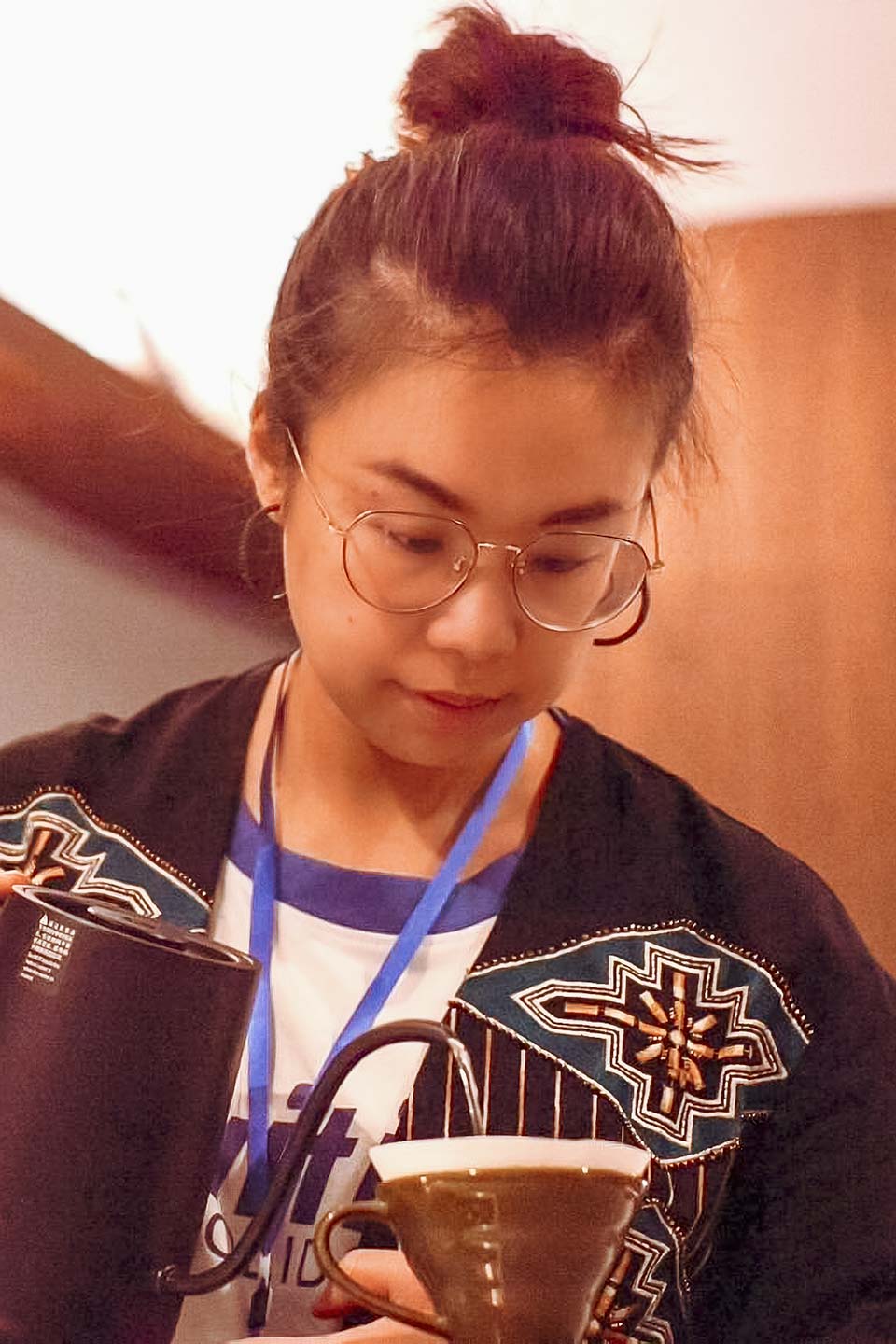
Mutual Understanding Changes Decisions: Increasing Happiness with Coffee
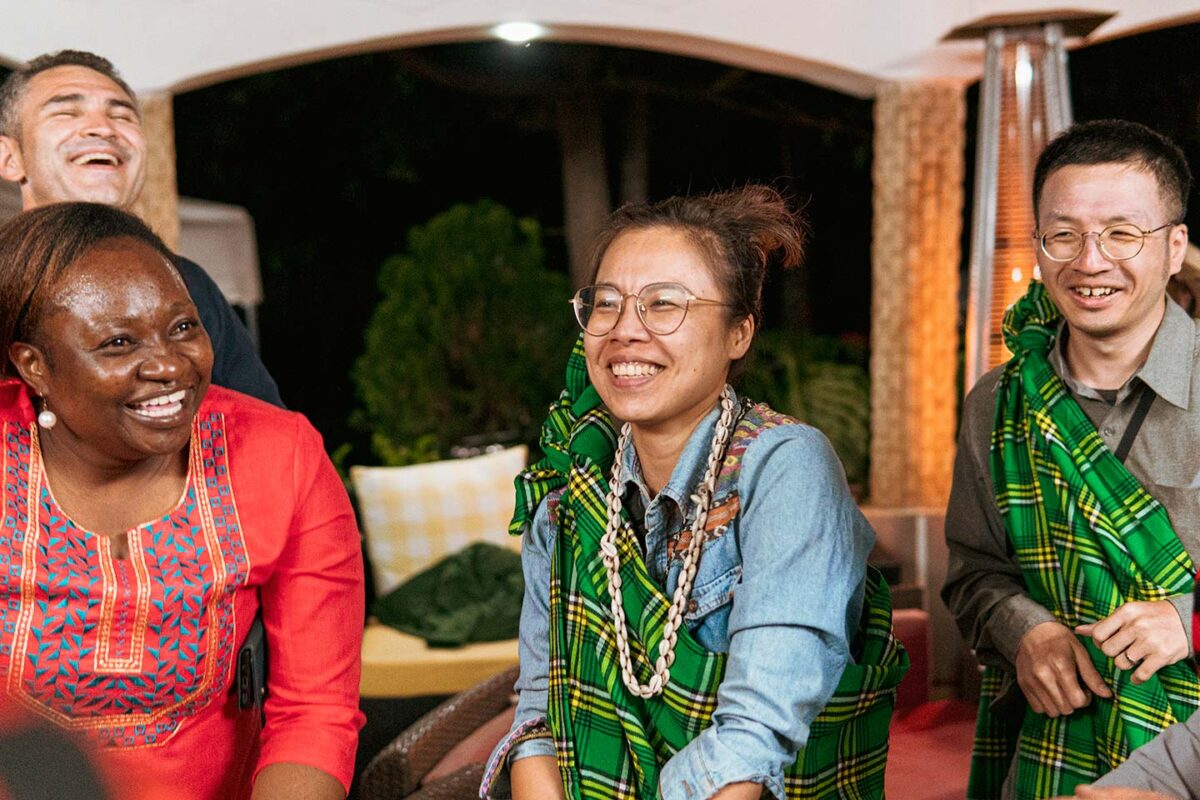
In 2013, Julia established N3Cafe, a coffee shop that roasts beans in-house, in Taipei, Taiwan. Her passion for coffee and commitment to educating others has led her to organize cupping sessions with producers, green traders, and consumers to enhance their understanding of coffee. Julia believes that consumers play a crucial role in the coffee supply chain. Her trip to Tanzania and Kenya allowed her to connect with producers beyond just the trading of green beans. In our conversation, Julia shared what the TYPICA Lab meant for her.
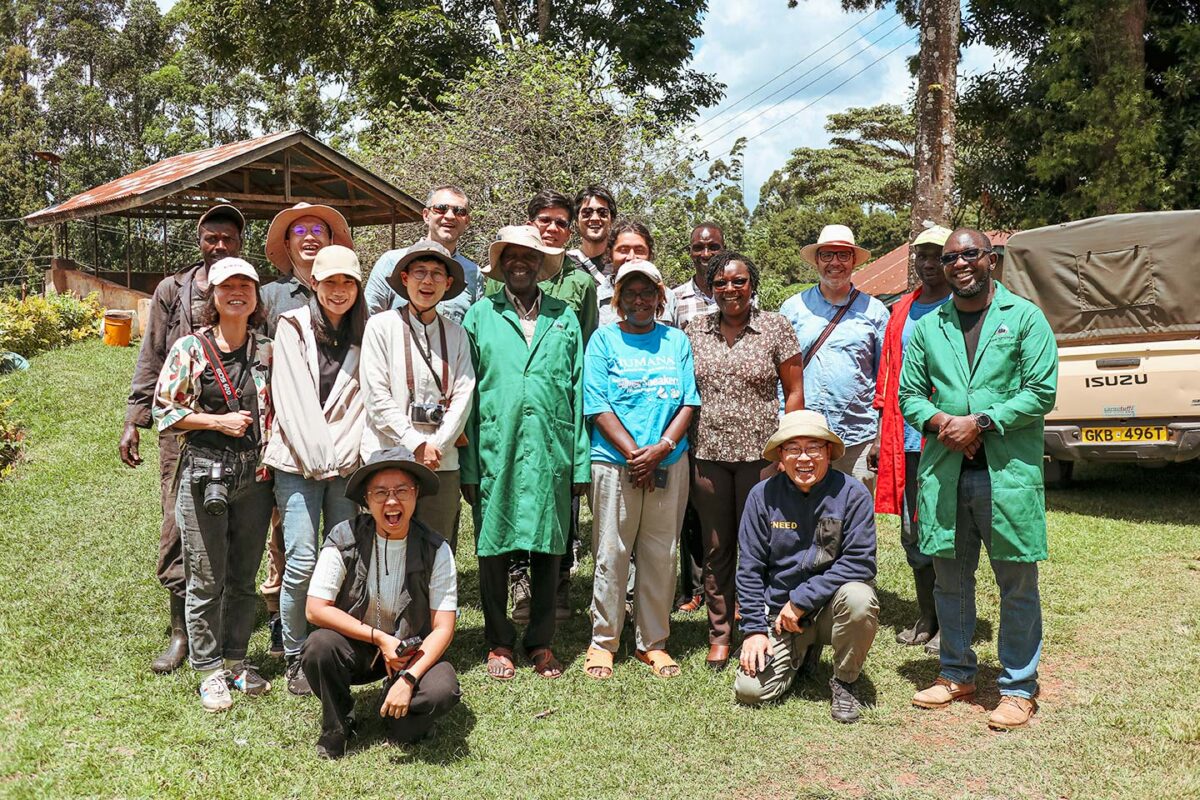
Smallholders hold key
When I visited coffee origins before, my main focus was on cupping green beans, negotiating the price, and deciding whether or not to buy. However, the TYPICA Lab trip to Tanzania and Kenya gave me a new perspective. It helped me understand firsthand the importance of building long-term relationships with producers.
During my trip to Tanzania and Kenya, I had the chance to visit several coffee farms, such as one run by women only and another with great potential, and interact with the producers. It was a great opportunity to learn more about the current situation in the production areas. I was struck by the challenges that these producers face, such as drought caused by climate change and labor shortages. One thing that really stood out to me was the fact that new varieties of coffee beans are no longer being grown in Kenya. If we could distribute those beans and if people were willing to buy them, we could revive that variety and make a positive impact on the coffee industry.
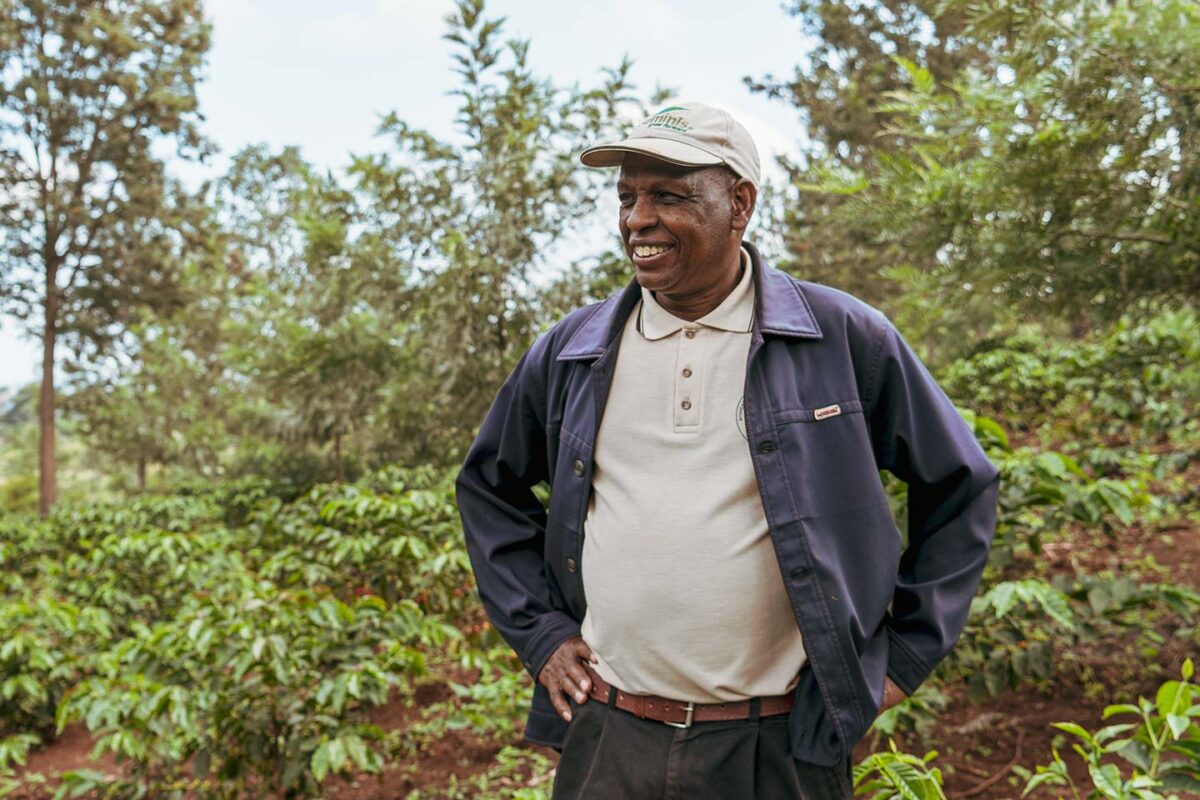
When I came back to Taiwan, I made a point to source coffee from George, a small producer in Tanzania. Of course, the fact that his coffee was of exceptional quality and boasted a unique flavor not found in other Tanzanian beans played a role in my decision. However, that wasn’t the only reason. I was inspired by his vision to get other farmers involved in coffee production and to use coffee as a means of uplifting the local community.
Halting the decreasing trend of coffee production is essential as global demand for coffee continues to increase. Supporting small-scale producers like George is one way to achieve this.
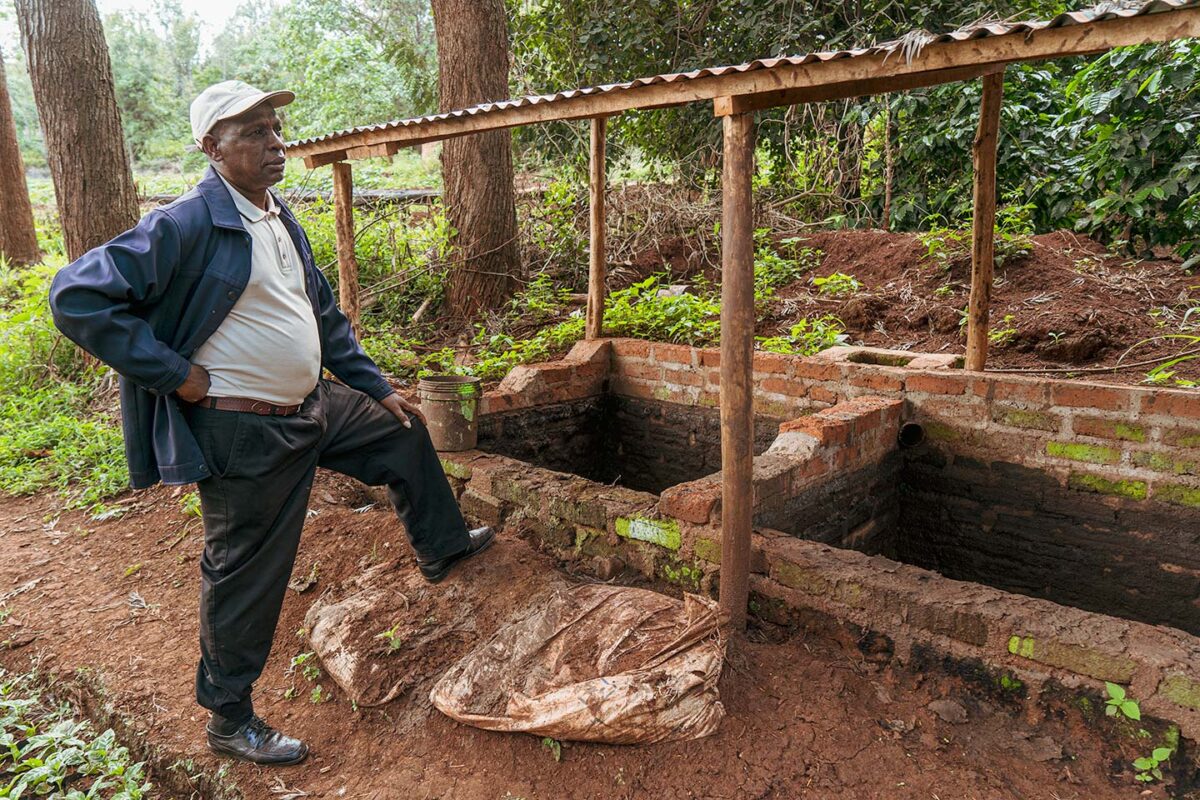
When I spoke with George, he mentioned that one of the biggest challenges he faced was not having enough money to invest in the necessary equipment. Harvesting and processing coffee require precision and control, and without proper equipment, the quality of the final product can suffer. It really is the lifeline for coffee producers like George.
So, in essence, the only limitation for George was the lack of proper equipment. He firmly believed that with the right tools, he could produce even more high-quality coffee. I was also convinced of his potential after witnessing his meticulous work.
By committing to buying and supporting George’s coffee in the long term, we can ensure that his potential is not overlooked and that he is able to grow and thrive as a producer. It’s important to focus on and support small-scale producers like George so we can create a virtuous circle in the coffee industry.

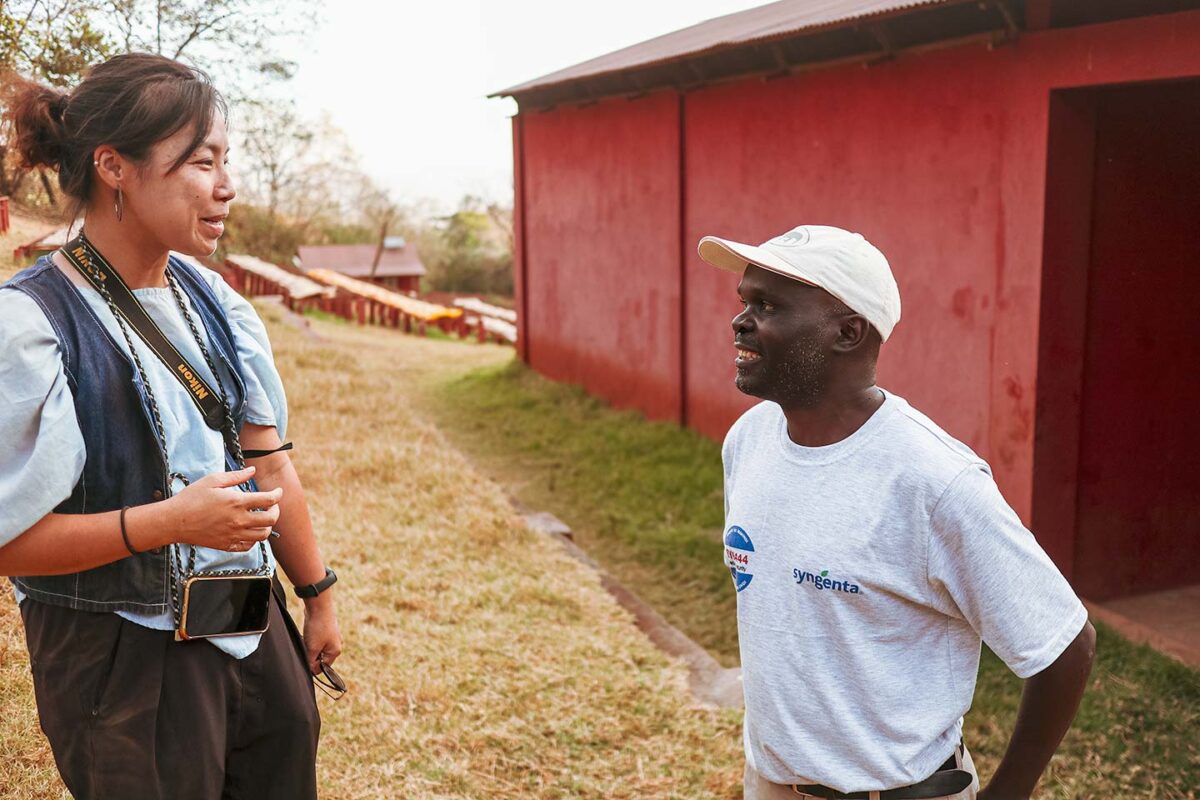
Delicious cup begins with producers
For the first five years of my coffee career, I focused solely on perfecting my brewing and roasting techniques. However, in 2012, I reached a plateau and realized that to continue growing, I needed to understand coffee-producing regions.
To break through the plateau, I bombarded my trading company with questions, and the person must have been exasperated. But my persistence paid off when he allowed me to join him on a trip to visit a producer in Brazil.
As I talked with the producers on the farm, I began to realize the extent to which small changes in weather and processing can greatly impact the flavor of green beans. It was fascinating to learn that even beans of the same variety, processed in the same way, can vary from one jute bag to another.
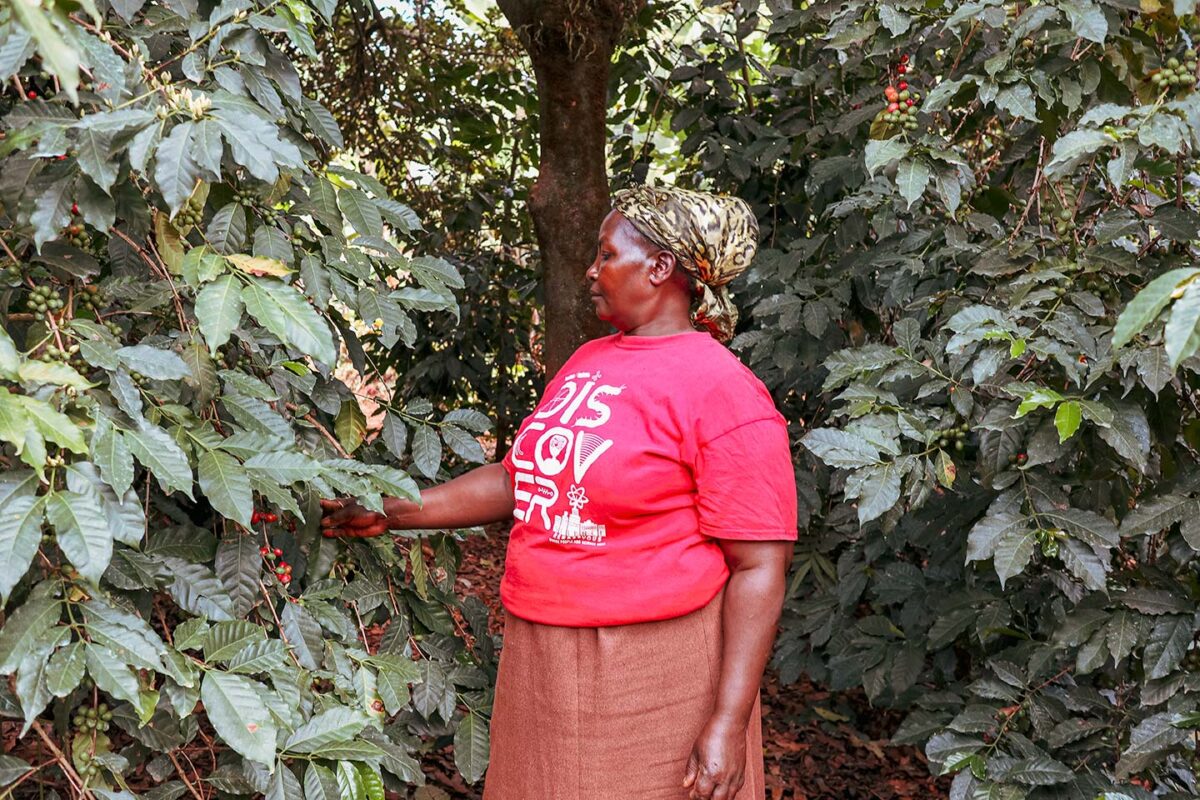
Coffee competitions can be a great showcase of the skills of roasters and baristas, but it’s important to remember that without high-quality beans from the producers, the coffee simply wouldn’t be as good, and you can’t win. This holds true for everyday coffee shop operations as well. Even the best equipment and most experienced staff can’t produce a great cup of coffee if they don’t start with high-quality green beans.
As I visited coffee farms in Taiwan and communicated with producers, I came to realize that there is no good coffee without producers. Coffee beans are agricultural products, and I gained a deep respect for those who work with nature, using their experience and knowledge to produce high-quality beans.
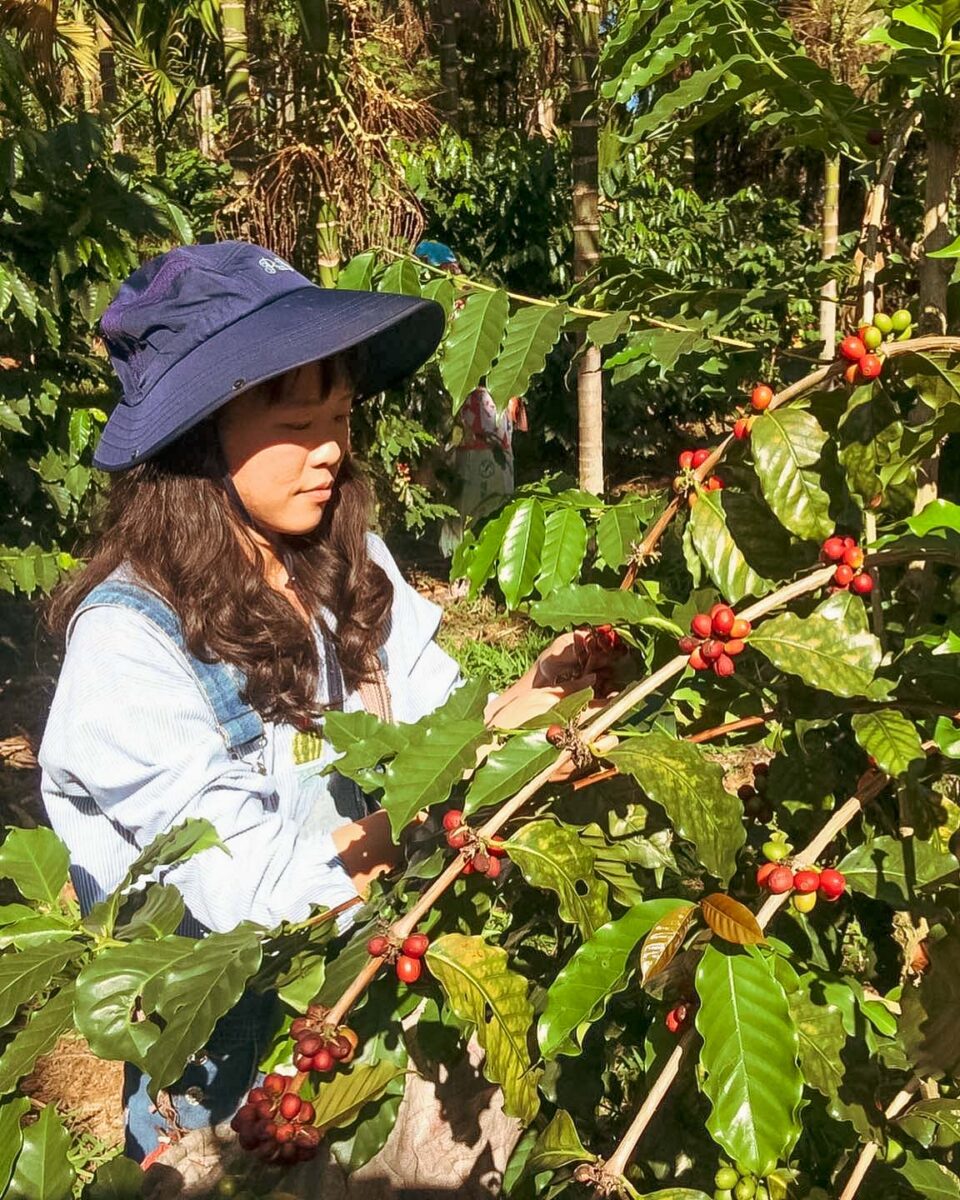
It’s ultimately up to customers
We take great care to get to know the cultivation methods and personalities of the producers of the green beans we buy for N3. Even though we purchase beans through a trading company, we make an effort to stay in touch with the producers via email or social media to address any concerns we may have.
One example of this is our cooperative development of SL varieties with a farm in Taiwan since 2013. By asking them to collect and analyze data on weather, temperature, and other factors during cultivation, they are able to figure out the causal relationship between their work and the final product. We can offer advice on appropriate roasting and brewing methods to bring out the best flavors in their beans, too.
To give an example, if the weather conditions were unfavorable and the green beans didn’t turn out well, we can still produce delicious coffee by applying the right roasting and brewing techniques. This allows us to reduce the inventory of green coffee beans, increase the producer’s income, and minimize food waste. In Taiwan, many consumers prefer to buy roasted beans directly from the producers, so it’s beneficial for the producers to have knowledge about roasting and brewing.
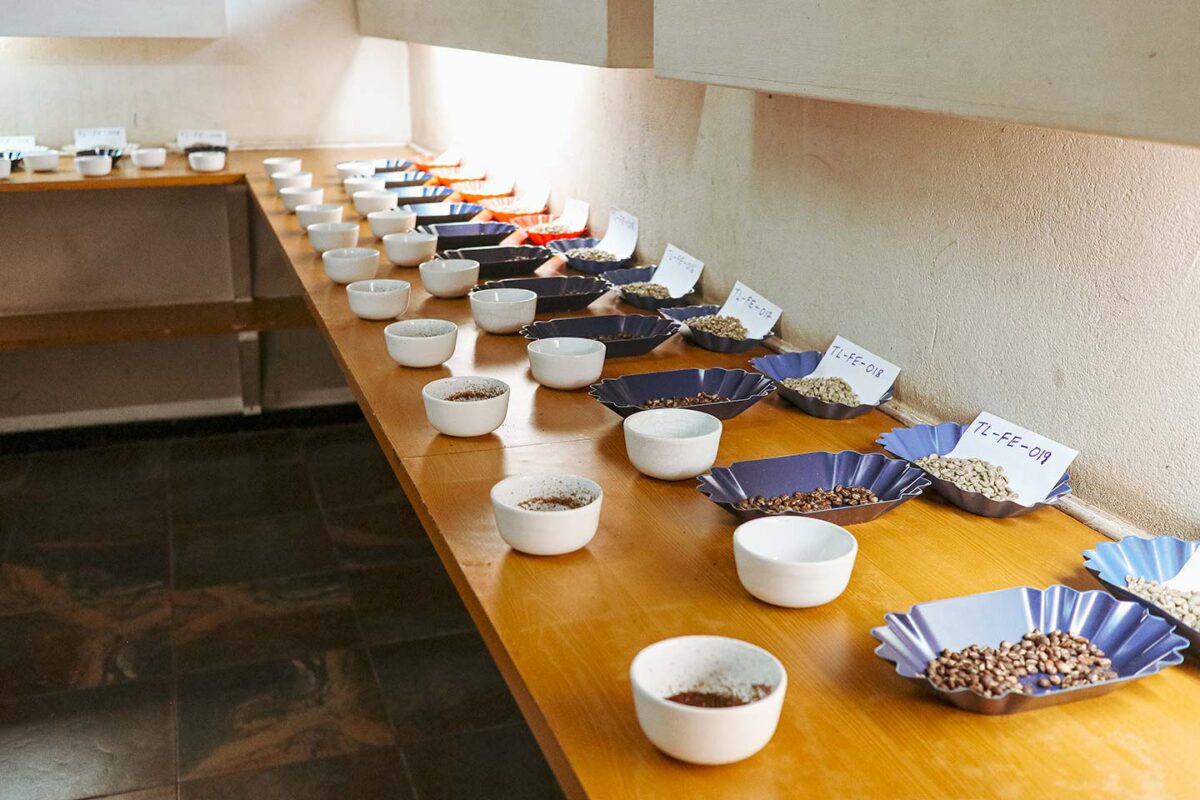
At N3, we frequently host cupping sessions where producers, consumers, and industry professionals are invited to participate. This is a great opportunity for producers to gain valuable feedback on their coffee and understand consumer preferences. It also allows consumers to learn about the origin of their coffee and the challenges that producers face, ultimately deepening their appreciation and connection to the product.
After all, the quality of coffee ultimately relies on whether the customers find it enjoyable or not, regardless of how good the producers and roasters think it is. Customers tend to be hesitant to drink coffee from unfamiliar regions, so without consumer interest, roasters won’t purchase the coffee. Therefore, if we want to promote high-quality coffee, it’s essential for producers, green bean trading companies and platforms, roasters, and baristas to collaborate with each other.
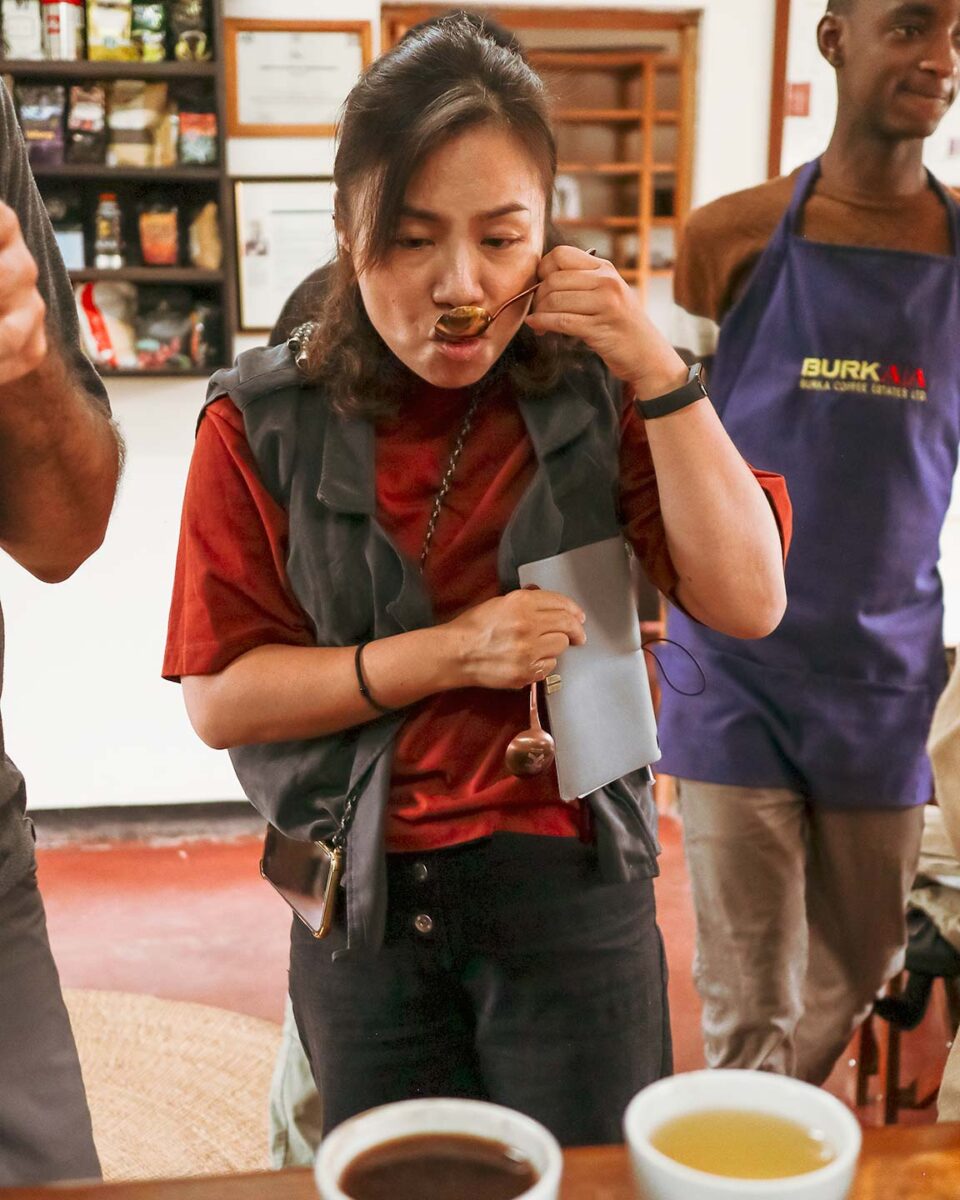
Closing distance for change
Actually we didn’t host cupping sessions at the start of N3. In the past, we often felt frustrated when our customers were unwilling to try the coffee we recommended, even if we thought it had a good aroma. Even if they acknowledged the aroma, they would still resist trying it. While I understand that feeling, it was a challenge for us to overcome. We had to spend a lot of money and energy to make it more approachable, offering tastings, and using a process of trial and error to get customers to try our coffee.
When I thought about the fundamental factor that kept customers’ choices the same, I realized I was too busy to explain carefully why they should try a new coffee. That’s how I came up with the cuppings.
The impact was immediate. Customers began to inquire about new beans from specific producers and ask for recommendations. They also started to bring their friends to the store to try out our new offerings from these producers. Word-of-mouth spread quickly.
While our fundamental beliefs have remained unchanged since the establishment of our company, we have found that creating a platform for new beans to be introduced has had a positive impact on our business. Instead of directly promoting these beans ourselves, customers have taken it upon themselves to spread the word about these new products, which has created a positive feedback loop. As more and more customers choose these new beans, we have been able to devote more resources to finding high-quality green beans and supporting our partner producers. This approach benefits everyone involved.

The value of cupping sessions is particularly important for producers who work on remote farms in mountainous regions, where consumers are far away. These sessions allow producers and consumers to interact with each other, promoting mutual understanding and bringing the two groups closer together. Ultimately, the shared goal of producers, roasters, and baristas is to bring happiness to consumers through quality coffee.
Establishing a connection between producers and consumers through cupping sessions is possible in Taiwan because it is a region that both produces and consumes coffee. However, building such a connection with producers from Africa or Latin America can be challenging. This is where TYPICA can play a significant role.
I was particularly struck by TYPICA’s dedication and care for the producers during my recent participation in the Lab. It was evident that producers had deep trust in TYPICA. I believe that such passion is fundamental to fostering enduring relationships with producers, regardless of the distance between them.
N3Cafe
- [Open]
- Mon-Fri 9:00-17:00 Sat 10:00-17:00








